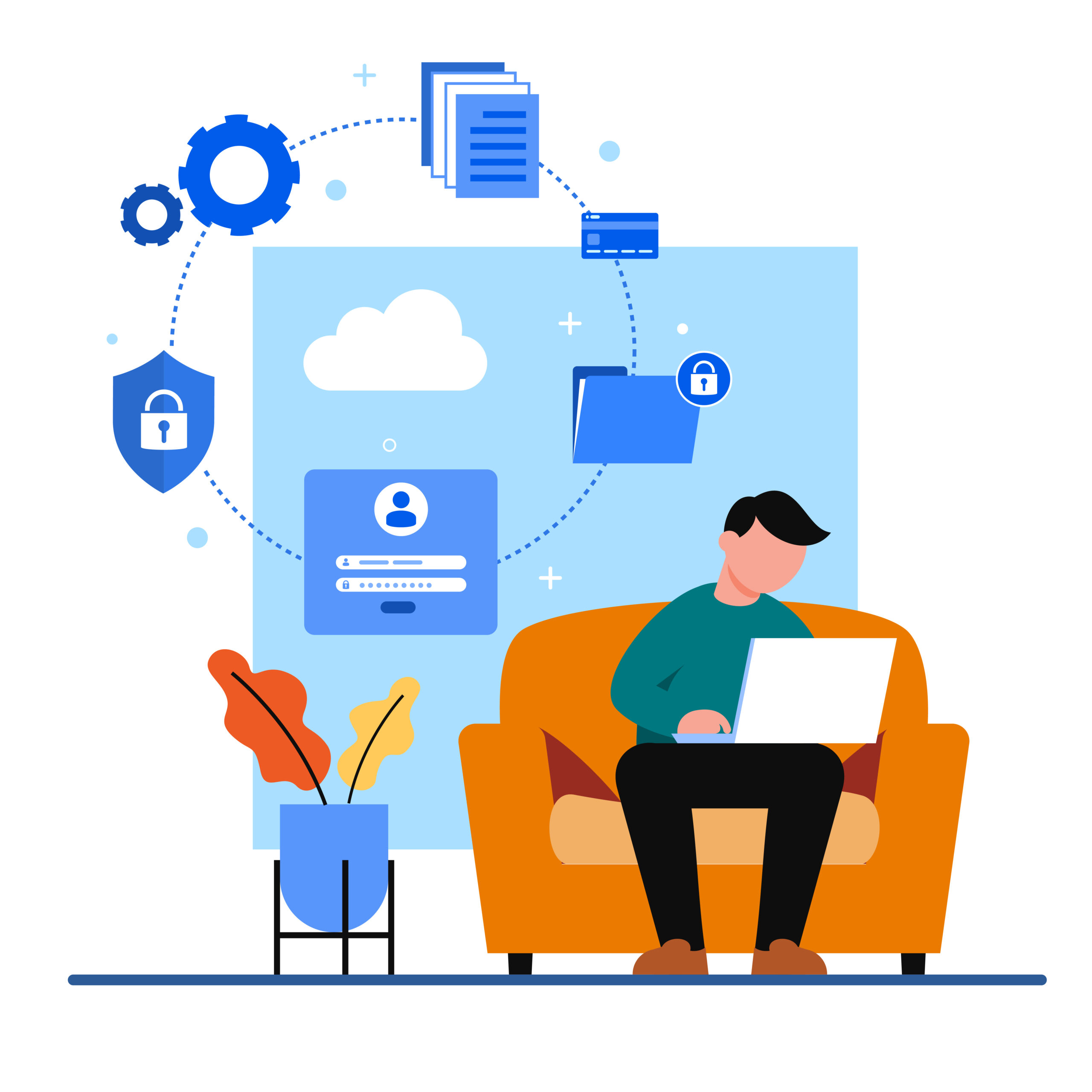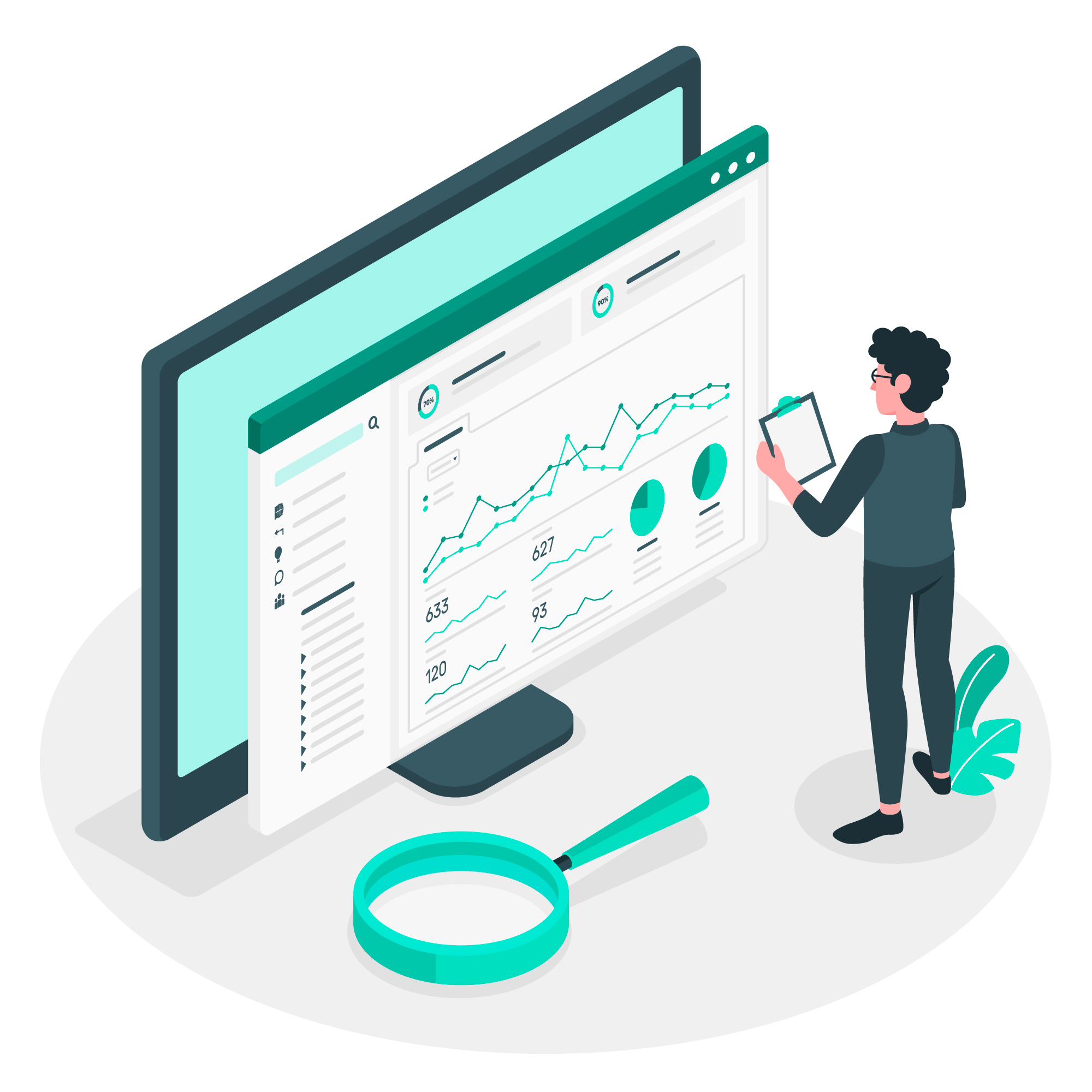What Happens to Your Data When It's Collected?
Once an individual has their personal data collected by a marketer, it is sent through one of the following processes: The first process involves using your data in order to generate revenue for advertisers or marketers themselves; this means that they might use your information to make money off you!
The second possibility - which can also be seen as creepy because companies are watching our every move online - comes about when marketing firms employ "targeting" techniques.
The question remains: should you allow marketers to collect your personal information for these purposes? The answer is at your discretion. If you don't care, either way, you can allow marketers to collect your personal information.
However, if you want to restrict access to your personal information, it's definitely up to you, and you're entitled to this right. An example of this right is Apple's new update to restrict marketers from seeing the people who opened their emails.
You can prevent any marketer or other organization from acquiring your data by law.
Why Do Third Parties Collect Your Personal Data?
The purpose of third-parties collecting your data is to create a profile of you.
For example, these organizations will collect your age range, sex, and other demographic information. They may also track the frequency with which you purchase certain products or visit their website. Then they'll use this information to send marketing material to you that corresponds to what they know about you.
You should be concerned about who has access to your personal data and how it's used; if someone uses any sort of illegal means (hacking into an account) in order to get some private info on you, then there isn't much protection available as far as finding out who was responsible.
Why Should You Protect Your Personal Data?
The easy answer to this question is you should protect your personal data because it belongs to you.
There are more specific reasons for wanting to protect your personal data too.
Your privacy is the first (and most important) reason why you should want it protected. If someone has access to information about where you live, what vehicle you drive, and so on then, they could easily find out when both of these things change. So whether this means that a hacker found their way into an account illegally or some nosy neighbor started asking questions, either one leaves a person vulnerable.
Another concern might be potential identity theft. With all the personal data floating around in cyberspace, there's always a chance of it being stolen by someone who wants to do something nefarious like apply for credit cards under your name.
This is never an ideal situation.
Your personal data belongs to you, and you should be in control of how it's acquired, controlled, stored, and used by people and organizations you don't know.
That brings us to the topic of data security.
What is Data Security?
Data security is the protection of data and information from unauthorized access, use, disclosure, disruption, or destruction.
We are all aware that internet-connected devices make our personal lives more convenient in many ways. They also create new avenues for privacy invasion as well as opportunities for malicious attackers to steal sensitive data. It's important to take steps to protect your digital life by making sure you have a plan if disaster does strike - whether it's a natural disaster like Hurricane Florence or an event caused by someone who deliberately takes advantage of vulnerabilities in software systems.
Data security isn't just pursued by people but also by small businesses and corporations.
Privacy is a fundamental human right that we all deserve and need to protect, but many don't realize the importance of it until they lose their information.
There are ways for you to take control of your own personal data; there are some things you can do as an individual, like using encryption software or picking strong passwords when accessing online services or not clicking on suspicious links in email messages from unknown senders.
What is a Data Breach?
A data breach is a cyberattack when hackers steal or gain unauthorized access to an organization's proprietary information. They may do this by exploiting software vulnerabilities, hardware failures, social engineering tactics involving convincing people into revealing passwords and other confidential details that can be used in impersonating legitimate users.
Possible consequences of these breaches include financial fraud and identity theft; because many online systems store large volumes of personal data about individuals who are not themselves involved with the particular company or business being attacked (such as home addresses).
The most obvious consequence for those affected is usually fear rather than any actual material loss from having their digital identities compromised. Identity theft has become one of the fastest-growing crimes on the internet today because it's easy to do and catching these criminals is exceedingly difficult.
How Can You Avoid a Data Breach?
There are a few precautions that you can take to protect your personal data from being compromised.
Encryption is the process of encoding information so it cannot be read by anyone without the correct key or password, which means passwords need to be long and strong and include no dictionary words!
The first step in protecting yourself against any kind of cyber attack is keeping your software up-to-date; if you're using outdated versions of operating systems like Windows XP then hackers will have an easier time breaking into your computer.
If these measures seem too drastic for some reason, another option would be to avoid sites with low levels of security, such as unencrypted websites or those that are running older browsers like Internet Explorer 11.
The most important method of keeping your personal data safe is investing in a top-notch cybersecurity service for yourself or your business. Accram provides world-class cybersecurity services to help level the playing field with the savviest hackers and keep your personal data secure.
How Can Your Personal Data be Exposed?
Your personal data can be exposed in a number of ways. Data breaches are one way that your information can get into the wrong hands and become public, exposing you to potential identity theft or other consequences.
Gaining access to your computer is another possibility as long as weak passwords or security settings are used on the device. Don't use 'password' for example - it's not difficult to guess what this word might stand for!
Personal data can also be revealed when using apps such as Facebook Messenger which often have permission levels that allow them to share information with third-party companies without informing users about this happening.







